Table of Contents
A pharmacy tech is often thought of as an assistant to a pharmacist. While pharmacy techs do help out pharmacists, that categorization is not exactly accurate. Pharmacy technicians need to have specific knowledge and skills of their own to work in this field. They do not need as much education as a pharmacist does, but they do need basic training in areas like pharmacology, pharmacy regulations, and more. In most states, there are regulations about the education and certification needed to work as a pharmacy technician. Also, continuing education is often required or strongly suggested for pharmacy techs. Learn more about the different education and continuing education requirements below.
Pharmacy Tech Education Requirements
Having knowledge and education can be an essential part of being a pharmacy technician. While there are not necessarily always education requirements for pharmacy technicians, there can be requirements depending on the state. Also, the Bureau of Labor Statistics says that most states regulate pharmacy technicians and their education or training.
- Pharmacy Tech Education Requirements – When it comes to pharmacy technician regulations, the exact requirements depend on the state. However, many states do have some sort of regulation because pharmacy techs are responsible for administering medication, and doing this incorrectly can result in disastrous consequences. Even if it is not required, many employers prefer to hire pharmacy techs that have attended a pharmacy technician school or formal training program. Employers also may require or suggest a certification of some kind. There are two organizations that offer certification for Pharmacy techs. The first organization is PTCB or Pharmacy Technician Certification Board, which has the goal of advancing medical safety by creating a national standard for pharmacy technicians. The other organization is the National Healthcareer Association or NHA.
- Pharmacy Tech Continuing Education Requirements – Next, let’s take a look at what is required for continuing education for pharmacy technicians. Above, we mentioned two organizations that offer a pharmacy technician certification. If you have a certification from either of these two organizations, you have to complete continuing education to maintain your certification. The required continuing education is twenty hours from an approved education provider every two years. In addition to continuing education for the certifications, your individual employer may require or ask you to complete continuing education of some sort. Continuing education can be important in the world of pharmacy and pharmacy technicians because medical advancements are made, and medical standards do change based on new information.
Education and continuing education can be essential to the world of pharmacy, and this includes pharmacy technicians. Regulations in regards to medication and changes in regards to health knowledge mean that this field is consistently experiencing changes. Check out some examples of pharmacy technician continuing education below.
Examples of Pharmacy Tech Continuing Education
When it comes to continuing education, there will be a wide variety of options for courses you can take. Also, your specific certification could have requirements on what type of continuing education you need to do. For example, the PCTB certification requires you to have 20 hours; at least one of these hours has to be in pharmacy law, and at least one of the hours has to be in patient safety.
Other areas of study for pharmacy tech continuing education could include medication distribution, pharmaceutical science, pharmacy inventory control, roles and responsibilities of pharmacy technicians, and pharmacy mathematics. These continuing education courses can keep you up to date on changes in the field as well as refreshing your memory about important aspects of working in the world of pharmacy. However, if you have not yet started working in this field, you can attend FVI’s pharmacy tech school in Miami, FL to get started.
Getting Started in Pharmacy Tech
Working as a pharmacy technician requires specific knowledge and experience. That is why there are certification options and continuing education requirements. However, if you are someone who is simply looking to get started in the pharmacy technician field, you might want to attend a pharmacy technician school. A pharmacy tech school will teach you the basics of anatomy and physiology as well as pharmacology. You will learn the basics of how the body works, and how the body reacts to different drugs. Your schooling will also have courses in pharmacy calculations as well as pharmacy law. This will give you the basics of what it means to work in a pharmacy and what different regulations exist. A pharmacy tech school also can provide you with an externship that gives you some real-world job experience in a pharmacy.
FVI School of Nursing and Technology has a pharmacy tech program that you can attend. Learn more about our pharmacy technician training program in Florida at FVI School of Nursing and Technology. Contact us for more information on our healthcare training programs in Florida about getting your pharmacy tech career started today!
For more information about graduation rates, the median debt of students who completed the program, and other important information, please visit:
https://fvi.edu/consumer-information/.









